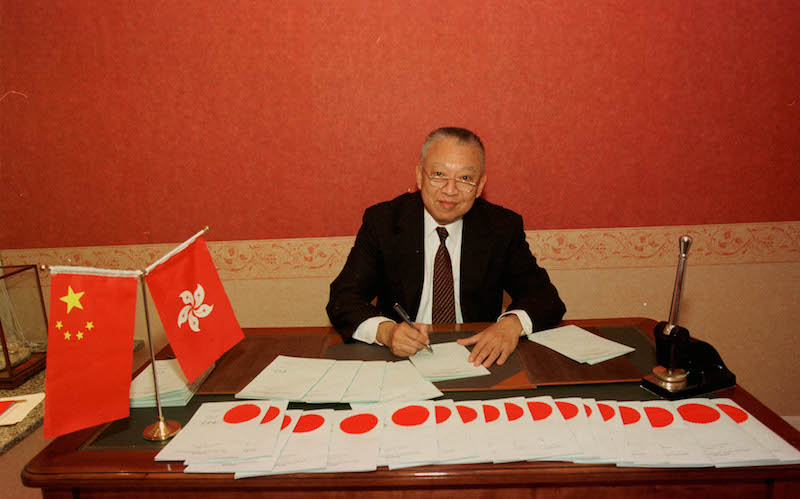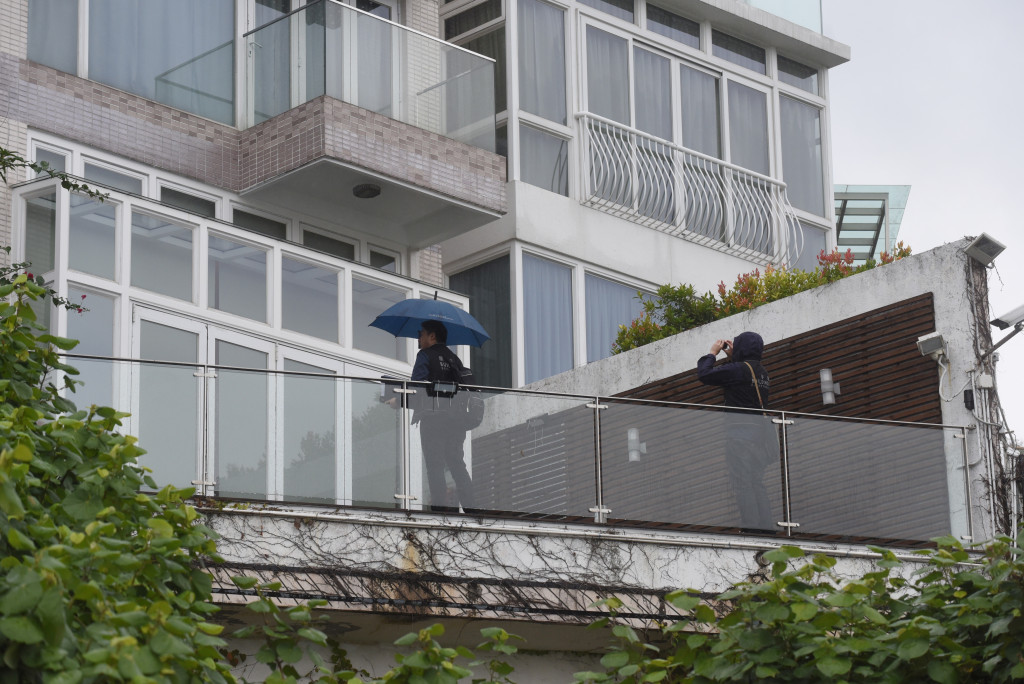Memory loss seems to be troubling the Chief Executive Carrie Lam, who gives the impression of being unable to recall why the public accountability system was established by Hong Kong’s first chief executive, Tung Chee-hwa, in 2002.
Her sudden onslaught of amnesia is increasingly evident as the scandal engulfing the newly appointed Justice Secretary Teresa Cheng refuses to disappear.

Ms Lam’s response has been to wring her hands and declare how unfair it all is because Ms Cheng is being called to account and forced to defend herself in public.
However this is precisely what the accountability system was supposed to achieve. When it was introduced leglislators were briefed on its rationale in these terms:
The resumption of the exercise of sovereignty by China over Hong Kong in 1997 with Hong Kong people governing Hong Kong as provided for by way of the Basic Law has given the citizens of Hong Kong greater awareness of the need for good governance of Hong Kong and better accountability of their Government and its officials. With an elected (sic) Chief Executive, a fully elected (sic) legislature, and an increasingly aggressive and critical media, Government operations and policy formulation are subject to increasing public scrutiny and pressure. There are increasing calls for senior civil servants to be held accountable for policy failures, including calls for some of them to step down.
Mr Tung said that this system was designed to shake up the civil service and install a new cadre of dynamic leaders who would not only be charged with formulating policy but also be on the frontlines of defending it, while taking ultimate responsibility, explicitly including resignation, if things went wrong under their watch.
Mr Tung promised that his scheme would bring new blood into the administration, leaving civil servants to do the grunt work of policy implementation while the new policy secretaries would have a more visionary role.

As things turned out this did not happen and most of the new jobs were filled by the very same people who were doing these jobs under the old system. The only role that was consistently filled by so-called outsiders was that of justice secretary. However this did not represent a change, because when this post was designated as being that of the attorney general, its incumbents also came from the private sector.
The difference, and it’s a big one, is that none of them arrived in office with accusations of law-breaking hovering over their heads.
Nor did they seek to break one of the rules laid down by Mr Tung which was that: during the term of office, principal officials will be prohibited from undertaking any service or task which may conflict with their official duties.
There is nothing ambiguous here, yet when Ms Cheng was appointed Ms Lam decided to ignore this rule and allow her to finish off working on cases arising from her previous job. The potential for conflict of interest is always present when the government’s principal law officer is dealing with legal matters that are capable of being the subject of appeal.
Other officials appointed under the public accountability scheme, notably Henry Tang, have had problems with illegal structures in their homes, similar to those Ms Cheng is dealing with.

The fact that these problems have produced such a high level of media coverage has led the chief executive to whine about the difficulties she faces when trying to find suitable candidates for public posts.
Implicit in her complaint is the totally unfair implication that highly qualified Hong Kong people always tend to have various skeletons in their closets, but what she fails to add is that her selection is confined to candidates from a remarkably small pool of government loyalists and pro-Beijing flag wavers.
The idea of reaching out to independently-minded experts is clearly not in her mind. So, the problem is not people in general but the ranks of the small coterie to be found time and time again on all public bodies.
Once one of them is thrust into the limelight of a principal official’s job they should not only take the prestige of the job, the generous remuneration and the prospect of even more rewards on retirement, but also need to understand that the word accountability actually has some meaning.
Ms Cheng has to either to step up to the plate and fully explain herself, or go back to her private life – were she is less likely to be troubled by the pesky questions of legislators and the media.
